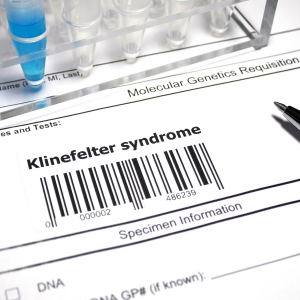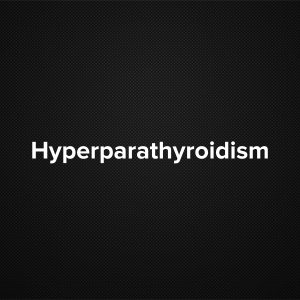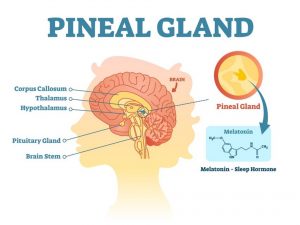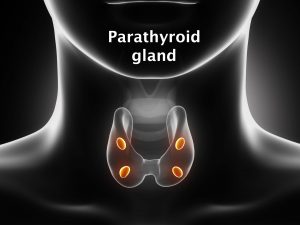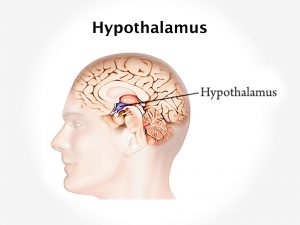The functioning of the thyroid hormone is controlled by the Thyroid Stimulating Hormone, TSH. TSH is released by the pituitary gland. Doctors suggest that the TSH levels be checked regularly to catch any thyroid disorder early on.
Who should be screened?
Get yourself tested if you feel if you fit into any of the below given categories:
- Women over 60.
- Pregnant women or women who have given birth in the past 6 months.
- People with a family history of thyroid disease.
- People who have been treated for any kind of thyroid trouble.
- People with type I diabetes.
- People with pernicious anemia.
- People who have had neck surgery/radiation.
TSH testing is recommended once every 5 years if you are over 35 years of age.
If you have been treated for any thyroid disorder or have a family history of thyroid disease, doctors will advise you to get yourself tested more frequently. Women who are pregnant or are trying to get pregnant are also advised more frequent tests.
You may also be advised to get your TSH levels checked if you show any signs of hyper or hypothyroidism.
Signs of hypothyroidism:
- Sudden weight gain
- Excessive sleepiness
- Dry fingernails that break easily
- Constipation
- Easy tiring
- Memory loss
Signs of Hyperthyroidism:
- Sudden weight loss
- Irritability
- Heat intolerance
- Frequent urges to pass stools
- Rapid pulse
- Hand tremors
- Mood swings
If you find that you have any of the above complaints, talk to your doctor about it. Your doctor will advise you to get the TSH levels checked.
Along with the TSH, a few other tests may be ordered to confirm the diagnosis. These include:
- T3 levels – Also called as T3 radioimmunoassay, this test detects the levels of free T3 hormone in your blood. Increased T3 levels indicate hyperthyroidism while low levels indicate hypothyroidism.
- T3RU Test – This is the T3 resin uptake test. It measures the proteins in the blood that bind to T3 and T4 thyroid hormones. High levels indicate hyperthyroidism and low levels indicate hypothyroidism. This test is a good indicator of the functioning of the thyroid gland. However, the test values can be affected by liver and kidney disorders too.
- T4 Test- Also known as thyroxine test, this test checks the level of T4 hormone. High T4 indicate hyperthyroidism while low T4 levels indicate hypothyroidism.
Often these tests are done in combination as it gives a clearer picture about the disease to the doctor.











